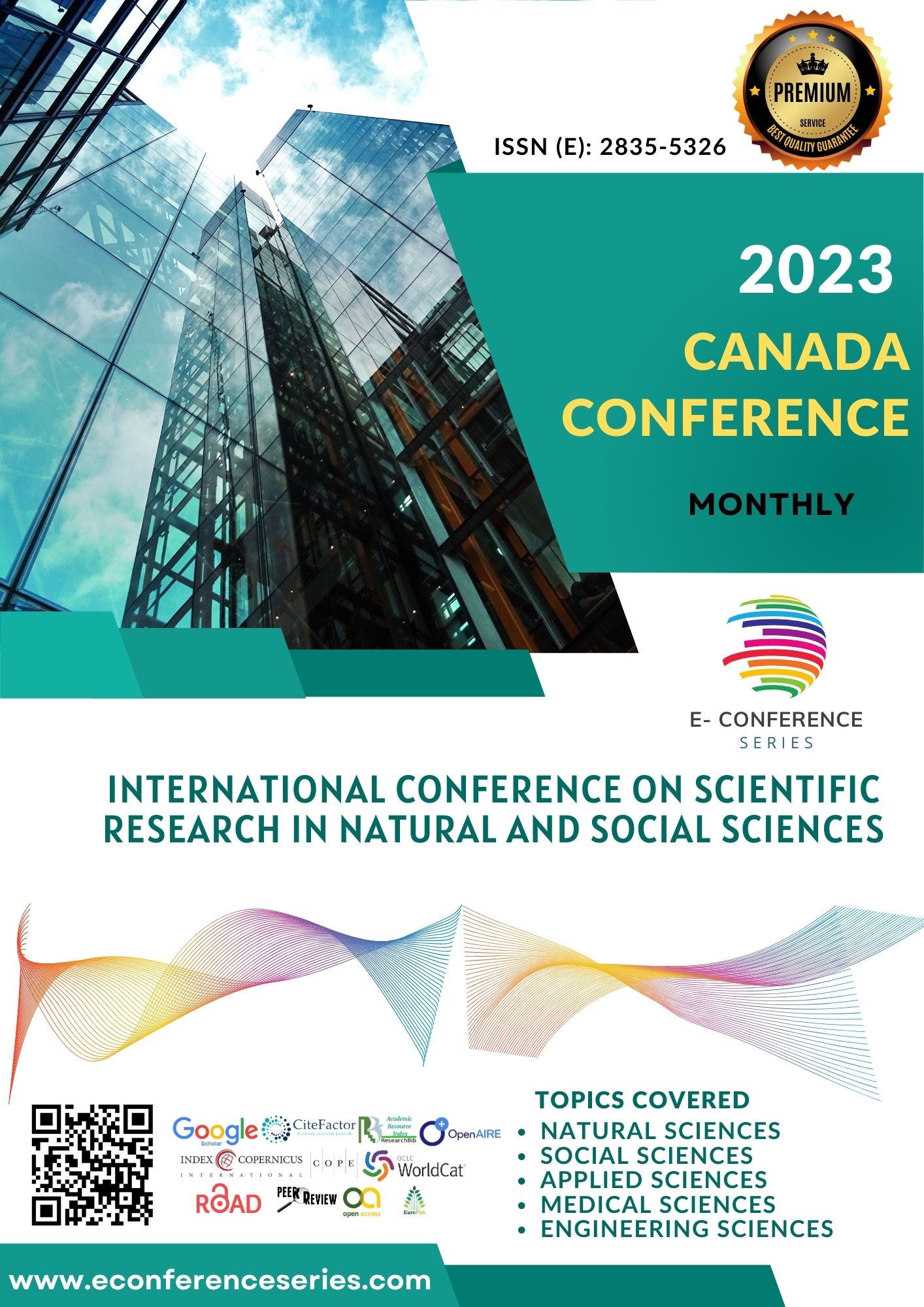IMPORTANCE OF SPORT TOURISM ON FOREIGN TOURIST DECISION-MAKING
Abstract
Sport is a vital component of our tourism culture. Sport is an integral part of our lives, providing recreation, competition, exercise, and mental health from childhood to adulthood. Why should Stratford focus on sports tourism when its cultural tourism assets are so strong? Understanding the sports tourism business offers simple solutions in both economic and social dimensions. Sport tourism provides an opportunity to grow and sustain the socioeconomic activities of tourism destinations that have unique qualities and assets connected to their history, gourmet offerings, and physical attractions. It may therefore transcend definitions that have been constrained by academic, category, or technical points of view since it is seen as a creator of positive socio-economic impacts. The pandemic Covid-19 has slowed down development processes, notably in terms of the realization and socio-economic impact of athletic events in territories throughout the world. A World Economic Organization Research Report released in April 2023 found that the absence of athletic events has had a significant positive impact on the economy. In particular, global sales increased by 7% in 2023 compared to previous years and generated 52.2 billion dollar incomes. The long-term effects of the pandemic included income loss, interruptions of athletes' training and competition, including permanent interruptions, the loss of many operators' jobs, the loss of support from sponsors and volunteers, income loss and salary reductions, and the possibility of lower membership levels and fees. Sport tourism research is still relatively rare due to its new definition as a subject deserving of scholarly attention. Books and special sport tourism editions of numerous magazines are becoming popular, although the amount of published material is currently limited. Furthermore, few academics have taken a critical stance on this developing kind of tourism.
References
Herbold, V. (2020 ). 1-26. Sustainability, The Host Community and Its Role in Sports Tourism—Exploring an Emerging Research Field
Dostonbek, T. (2023). ROLE OF ACCESSIBLE TOURISM FOR DISABLED PEOPLE AS A NICHE TRAVEL IN UZBEKISTAN. Ta'limning zamonaviy transformatsiyasi, 1(2), 38-42.
M. Z. (2022). Sport Tourism in the Republic of Uzbekistan and the Importance of National Sports and Their Prospects. Eurasian Scientific Herald, 1-3.
Giango, M. K. (2022). Local Support on Sports Tourism Development: An Integration of Emotional Solidarity and Social Exchange Theory. Sustainability, 1-26.
Mazza, B. (2022). Sport Tourism and Its Territorial Development and Opportunities. ResearchGate, 1-30.
Mishra, S. (2021). Motivations for participation in active sports tourism: a cross-national study. Emerald Insight, 1-23.
Zhang, W. (2022 ). Risk in Active Sport Tourism Projects: Narratives from Managers in the Chinese Event Industry. Journal of China Tourism Research, 1-22.
Higham, J. (2013). Commentary - Sport as an Avenue of Tourism Development: An Analysis of the Positive and Negative Impacts of Sport Tourism. Current Issues in Tourism, 1-11.
Hinch, T. D. (2001). Sport Tourism: a Framework for Research. INTERNATIONAL JOURNAL OF TOURISM RESEARCH, 1-14.
Pigeassou, C. (2014). Contribution to the definition of sport tourism. Journal of Sport & Tourism, 1-5.
Downloads
Published
Issue
Section
License

This work is licensed under a Creative Commons Attribution-NonCommercial 4.0 International License.








